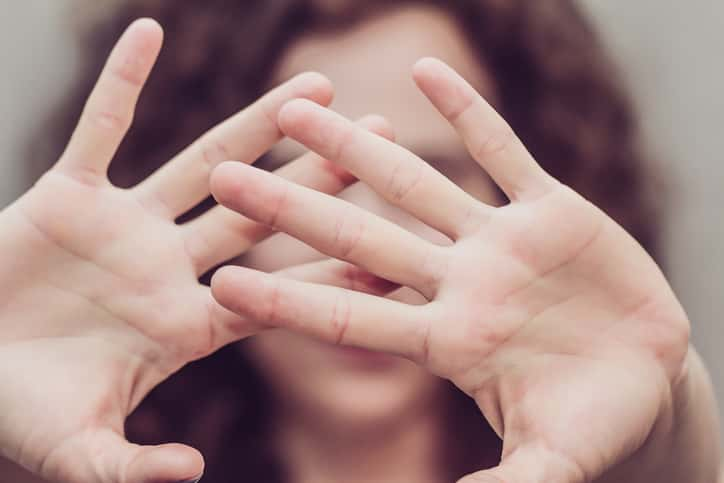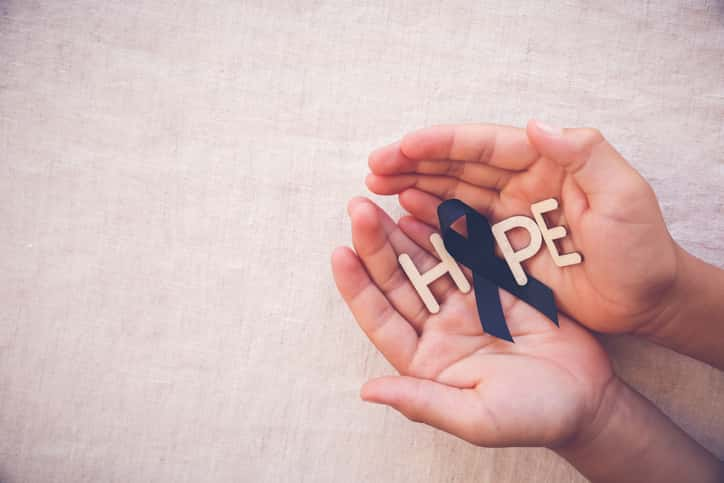Violence Against Women: Mental toll on victims is often overlooked, here's how professionals can help

Violence against women is a global issue and one that has been ongoing for centuries. In the 21st century, there is more awareness, yet, every year 66,000 women are violently killed globally, accounting for approximately 17% of all victims of intentional homicides. MEA WorldWide's (MEAWW) Violence Against Women campaign will examine different aspects of the issue and society's role in addressing it.
When it comes to violence against women, most of us just consider domestic abuse. However, the issue goes much further and other aspects of gender-based violence, like human trafficking, genital mutilation and conflict sexual violence are ignored. According to the United Nations, it is estimated that 35 percent of women worldwide have experienced either physical and/or sexual intimate partner violence or sexual violence by a non-partner (not including sexual harassment) at some point in their lives. Of the 87,000 women who were intentionally killed in 2017 globally, more than half (50,000 or 58 percent) were killed by intimate partners or family members, meaning that 137 women across the world are killed by a member of their own family every day. More than a third (30,000) of the women intentionally killed in 2017 were killed by their current or former intimate partner.
Violence in itself is traumatizing and gender-based violence is no different. Research has shown that victims of gender-based violence reported they experienced mental health issues such as depression, panic attacks, heavy alcohol use, eating problems, suicidal ideation and attempts and self-evaluation of health. For women, panic attacks were the most commonly reported issue. Research has also shown that women have excess health problems because of more intense or more frequent experiences of violence. Many women who have experienced violence cope with this trauma by using drugs, drinking alcohol, smoking, or overeating. Research shows that about 90 percent of women with substance use problems had experienced physical or sexual violence. The risk of developing depression, PTSD, substance use issues, or becoming suicidal was three to five times higher for women who had experienced violence.

The connection between mental health and violence is often not properly addressed, leading to women being misdiagnosed or unable to access the support they need and want to heal. Additionally, the stigma associated with both gender-based violence and mental health concerns can stop women from sharing their experiences, from reporting the incidents and from accessing support.
Survivors of domestic violence are often not routinely asked about domestic violence or abuse when receiving mental health treatment. A study showed that only 15 percent of mental health practitioners routinely enquired about domestic violence. Around 60 percent reported a lack of knowledge about domestic violence, while 27 percent believed they did not have adequate referral resources. Only 27 percent of mental health practitioners provided women experiencing domestic violence with information about support services and 23 percent made a referral to counseling.
Often, women do not come forward because they may be unable to describe their experiences adequately and fear that they may not be believed. Socioeconomic disadvantage and marginalization compound this issue, with women from poorer communities being more likely to hide their experiences. They are also less likely to leave violent relationships for fear of the lack of options they have as recourse.

Workplace harassment based on sex is also considered a risk factor for women's mental health problems. Many women encounter sexual harassment at the workplace which has been categorized as gender harassment, unwanted sexual attention and sexual coercion. Women who have encountered sexual harassment at the workplace report depression, anxiety, increased use of alcohol and drugs and eating disorders. Additionally, negative mood, self-blame, reduced self-esteem, emotional exhaustion, anger, disgust, envy, fear, and lower satisfaction with life, in general, have also been documented by research.
Strategies for intervention methods for survivors of sexual violence include brief cognitive behavior therapy, prolonged exposure and stress inoculation training. Eye movement desensitization and reprocessing have been shown to improve the mental health of many adult female sexual assault survivors. There needs to be better access to long-term counseling, affordable housing, childcare supports, better legal assistance and employment opportunities for women.
Practitioners need to routinely ask women about present or past incidents of domestic violence if they are diagnosed as depressed or anxious, or if they show any other signs of mental distress. They also need to be able to provide referrals to specialist services and need to be adequately trained to respond to those who disclose domestic violence. Many women require medium to long-term support from a network of specialist agencies that include medical, social, and legal services, and practitioners can help survivors with access to these services.
If anything you read here makes you want to talk to someone, call 1-800-799-SAFE (7233). Individuals who are Deaf or hard of hearing may use TTY 1-800-787-3224. Additionally, advocates who are Deaf are available 24/7 through the National Deaf Hotline by video phone at 1-855-812-1001, Instant Messenger (DeafHotline), or email (nationaldeafhotline@adwas.org). If it's not safe for you to call, you can use a live chat service here.










